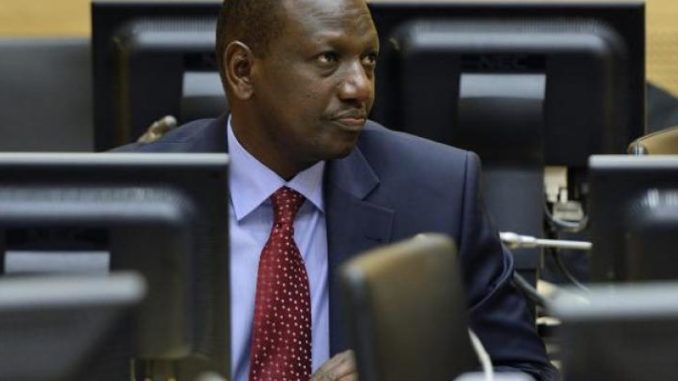
Kenya witnessed a day of unprecedented turmoil as anti-tax protesters stormed the parliament, setting part of the building ablaze and forcing lawmakers to flee. The unrest, which spread to multiple cities, marks a critical escalation in the ongoing conflict over proposed tax hikes.
President William Ruto, labeling the events as “treasonous,” vowed to quash the unrest “at whatever cost.” The military has been deployed to support police in what the defense minister termed a “security emergency.”
The protests, fueled by frustration over the high cost of living and broken promises of economic relief, turned deadly. Multiple fatalities were reported, with medical workers confirming at least five deaths. Dozens more were injured as police used live ammunition and tear gas against demonstrators.
The chaos extended beyond the capital, with clashes erupting in other major cities. Protesters attempted to storm government buildings, while some ruling party offices were burned.
As the government mobilizes resources to restore order, concerns about human rights violations are mounting. Reports of abductions and a crackdown on protesters have drawn international attention, with Western diplomats expressing shock at the scenes unfolding.
This crisis presents a significant challenge to Ruto’s administration, testing its ability to balance fiscal reforms with mounting public discontent. As Kenya grapples with this turmoil, the path forward remains uncertain, with calls for dialogue competing with hardline government responses.
